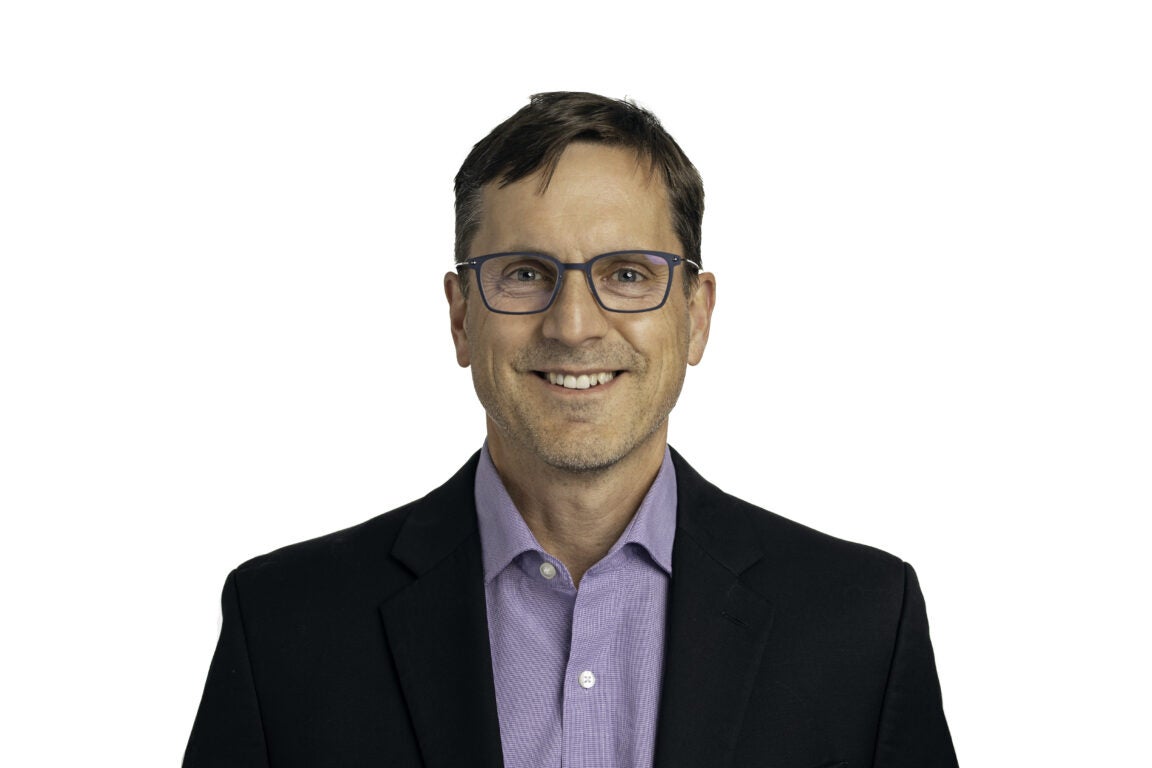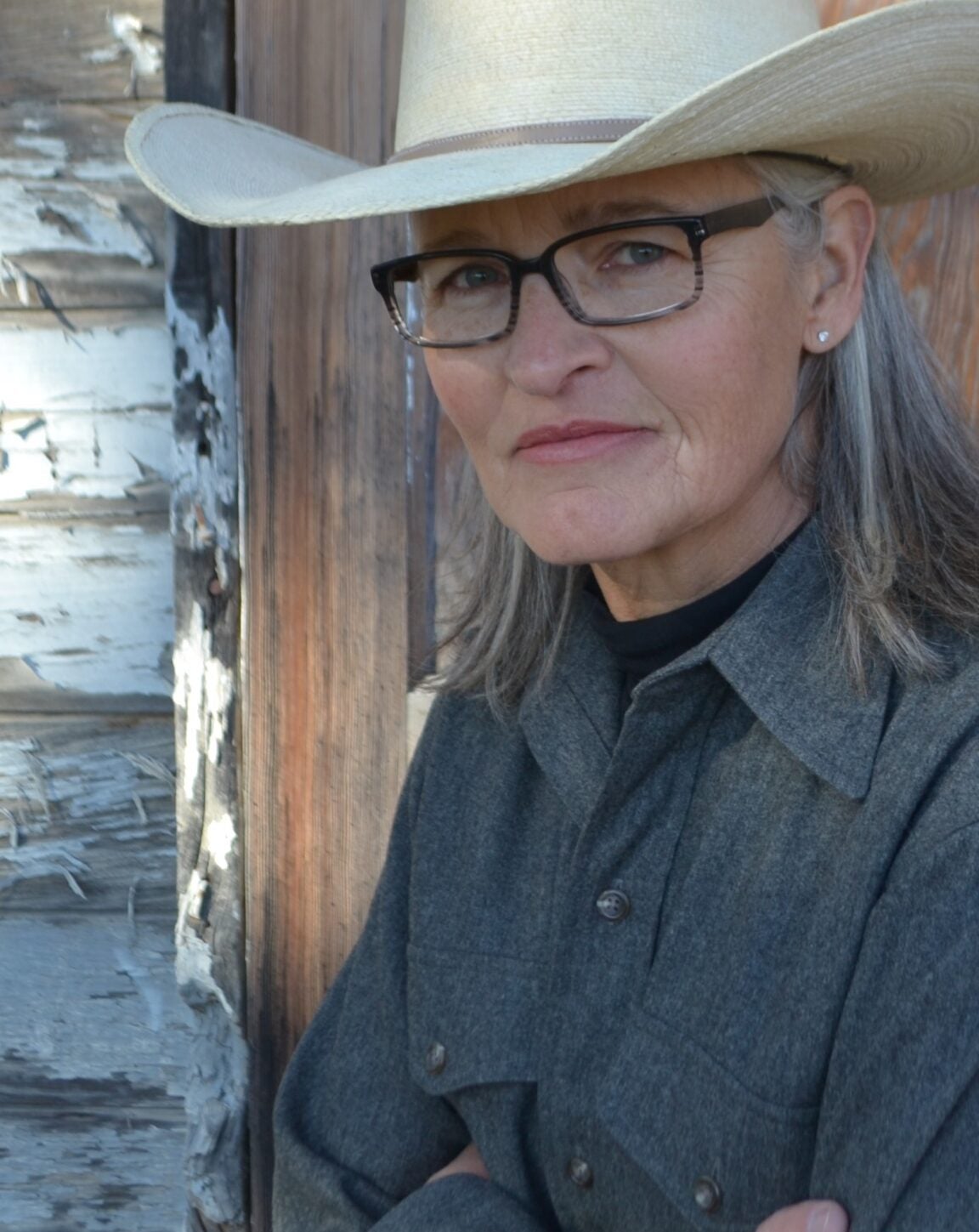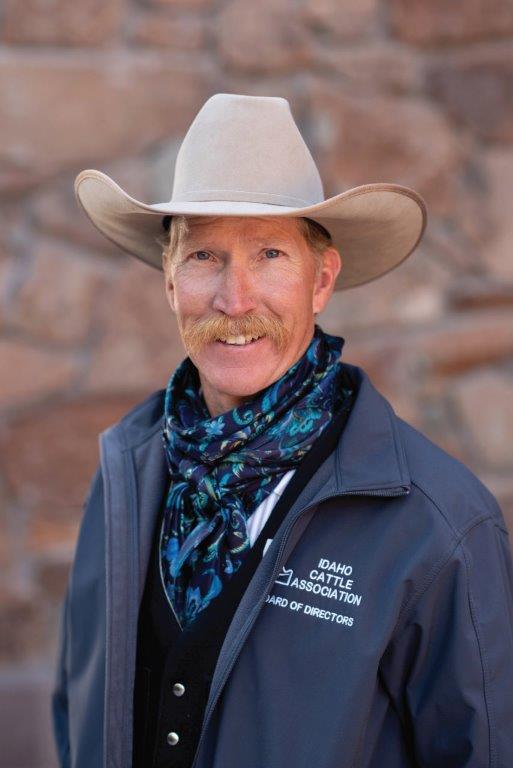Advisory Board
-

Boyd Bouwes
Co-owner
Boyd has a MS Biogeography from Portland State University and a BS in Geography from the University of Wisconsin. He is the principal and co-founder of Watershed Solutions. His career has focused on fish habitat monitoring and development of fish habitat monitoring protocols for the USFS and the Columbia Habitat Monitoring Program.
Boyd has extensive experience conducting watershed-scale assessments and developing restoration plans and he has worked closely with tribes, federal and state agencies to plan and implement low-tech process-based stream restoration.
Boyd is also a co-owner of Zena Creek Ranch, which has partnered with the School of the Environment to help create an experiential educational field school for Boise State students. The vision for Zena Creek ranch is to give students a “hands on” experience that provides them with an opportunity to engage in understanding our interactions with the natural world and thus enabling them to identify issues and find solutions.
Zena Creek RanchBoyd has a MS Biogeography from Portland State University and a BS in Geography from the University of Wisconsin. He is the principal and co-founder of Watershed Solutions. His career has focused on fish habitat monitoring and development of fish habitat monitoring protocols for the USFS and the Columbia Habitat Monitoring Program.
Boyd has extensive experience conducting watershed-scale assessments and developing restoration plans and he has worked closely with tribes, federal and state agencies to plan and implement low-tech process-based stream restoration.
Boyd is also a co-owner of Zena Creek Ranch, which has partnered with the School of the Environment to help create an experiential educational field school for Boise State students. The vision for Zena Creek ranch is to give students a “hands on” experience that provides them with an opportunity to engage in understanding our interactions with the natural world and thus enabling them to identify issues and find solutions.
-

Steve Burgos
Public Works Director
City of Boise -

Andrew Brunelle
Retired
US Forest Service -

Ward Duft
CEO and Partner
Duft Watterson -

John Foudy
Senior Principle Geoscientist, Carbon Sequestration Group Lead
Exxon Mobile -

Jeff Habig
Director of Molecular and Cellular Biology R&D
Jeff Habig is Director of R&D within the Plant Science Division of the JR Simplot Company, which is focused on the genetic improvement of potato and strawberries. He is a multidisciplinary scientist who began his career as a software engineer before transitioning to plant biotechnology.
Along the way, he founded an environmental-based education nature association 501(c)(3), obtained his PhD from the University of Wisconsin-Madison in Cancer Virology, performed postdoctoral research with Howard Hughes Medical Institute studying RNA interference, worked for a computational modeling startup and contributed to the development of academic excellence at Boise State through association with three academic departments.
Jeff hopes to use his experience and role at Simplot to help guide the School of the Environment towards an experiential-based curriculum leading to impactful changes in Idaho while developing future environmental leaders.
SimplotJeff Habig is Director of R&D within the Plant Science Division of the JR Simplot Company, which is focused on the genetic improvement of potato and strawberries. He is a multidisciplinary scientist who began his career as a software engineer before transitioning to plant biotechnology.
Along the way, he founded an environmental-based education nature association 501(c)(3), obtained his PhD from the University of Wisconsin-Madison in Cancer Virology, performed postdoctoral research with Howard Hughes Medical Institute studying RNA interference, worked for a computational modeling startup and contributed to the development of academic excellence at Boise State through association with three academic departments.
Jeff hopes to use his experience and role at Simplot to help guide the School of the Environment towards an experiential-based curriculum leading to impactful changes in Idaho while developing future environmental leaders.
-

Gretchen Hyde
Executive Director
Idaho Rangeland Resources Commission -

Gregory Kaslo
Architect
-

Kathleen Nelson
Director of Community Partnerships
Mayor’s Office, City of Boise -

Deborah Newby
Regulatory Compliance Manager
Dr. Deborah Newby, a Boise native, has cultivated extensive connections with Boise State University and various local industries. With over 20 years of experience, she has played pivotal roles in research and regulatory affairs within the DOE national laboratory system and the private sector. Currently serving as a Senior Regulatory Analyst at Savannah River National Laboratory, her research expertise includes environmental remediation, industrial and agricultural biotechnology and renewable energy.
The School of the Environment presents a compelling platform to assemble interdisciplinary teams of leaders and students, fostering innovation in addressing critical environmental challenges that resonate across our state, region and nation.
The Department of Energy, Sandia National LabsDr. Deborah Newby, a Boise native, has cultivated extensive connections with Boise State University and various local industries. With over 20 years of experience, she has played pivotal roles in research and regulatory affairs within the DOE national laboratory system and the private sector. Currently serving as a Senior Regulatory Analyst at Savannah River National Laboratory, her research expertise includes environmental remediation, industrial and agricultural biotechnology and renewable energy.
The School of the Environment presents a compelling platform to assemble interdisciplinary teams of leaders and students, fostering innovation in addressing critical environmental challenges that resonate across our state, region and nation.
-

Wendy Pratt
Wendy and her husband Mark operate a fifth generation cattle ranch near Blackfoot, Idaho. Wendy tells the story of conservation ranching at her blog: The Pastoral Muse.
She currently serves as a commissioner with the Idaho Soil and Water Conservation Commission. She brings current knowledge of the economic, social and ecological challenges of cattle ranching to the School of the Environment.
Pratt Family BeefWendy and her husband Mark operate a fifth generation cattle ranch near Blackfoot, Idaho. Wendy tells the story of conservation ranching at her blog: The Pastoral Muse.
She currently serves as a commissioner with the Idaho Soil and Water Conservation Commission. She brings current knowledge of the economic, social and ecological challenges of cattle ranching to the School of the Environment.
-

Mark Pratt
Mark and his wife, Wendy, operate a fifth generation cattle ranch near Blackfoot Idaho. Mark taught high school and college agriculture before returning to the ranch full time.
Mark is a board member of the Idaho Rangeland Resource Commission and a past president of the Idaho Cattle Association, bringing a producer perspective to the School of the Environment.
Pratt Family BeefMark and his wife, Wendy, operate a fifth generation cattle ranch near Blackfoot Idaho. Mark taught high school and college agriculture before returning to the ranch full time.
Mark is a board member of the Idaho Rangeland Resource Commission and a past president of the Idaho Cattle Association, bringing a producer perspective to the School of the Environment.
-

Ethan Sims
Director of Sustainability
St. Luke’s -

Bruce Wong
Retired
Ada County Highway District